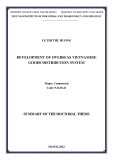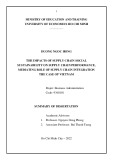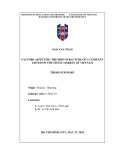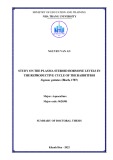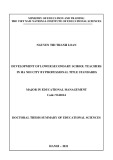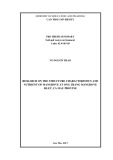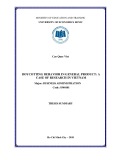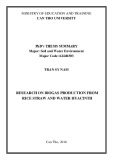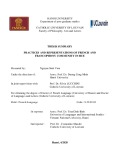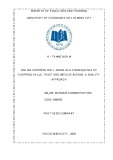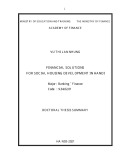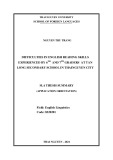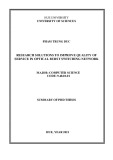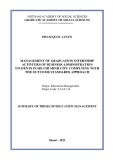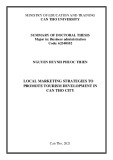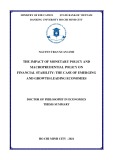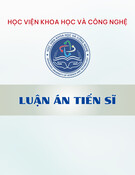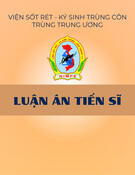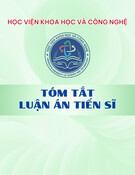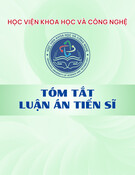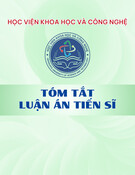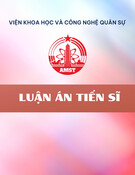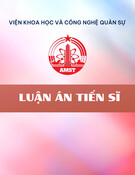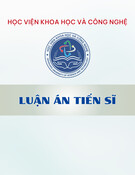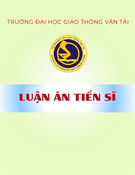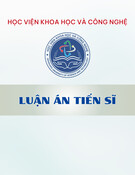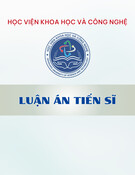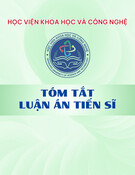
1
CHAPTER 1. OVERALL INTRODUCTION
1.1 Research Motivations
Trade liberalisation has helped nations to assert themselves in
international communities. However, trade liberalisation also brings
many challenges. Market globalization has changed the competitive
conditions of local enterprises. The availability of imported goods at
reasonable prices, as well as the rapidly increasing global marketing
activities, have created a context of aggressive competition in the
local market.
In this situation, consumer biases towards domestic products are
an important factor in deciding the consumers' buying behaviour
towards local products (Josiassen, 2011). Marketers and
policymakers have used people’s affection to promote domestic
consumption because it does not involve a tariff barrier, so it does
not violate any trade agreement. The campaign "Vietnamese people
give priority to using Vietnamese goods", which was first launched
nationwide by the Vietnam Politburo in 2009, is an proof of this
strategy. Therefore, researchers are very interested in investigating
the emotional bias of consumers for domestic production, especially
focus on a consumer ethnocentrism model. These research which
were conducted in many countries, even in Vietnam, found out the
strong positive relationship between the patriotism and
ethnocentrism of consumers (Auruskeviciene et al., 2012; Balabanis
et al., 2001; Cao Quốc Việt and Nguyễn Thị Quý, 2017; Dmitrovic et
al., 2009; Erdoğan and Burucuoğlu, 2016; F-Ferrín et al., 2015; Ishii,
2009; Pentz et al., 2017; Rybina et l., 2010).
The consumer ethnocentrism model has been confirmed in
developed countries, but applying this model to Vietnam, a
developing country, requires that the antecedents must be
investigated more carefully, due to the particular factors in the
country’s economic and political environment and its history. From
this viewpoint, the author believe that it is possible to further explore
the relationship between the patriotism and ethnocentrism of
Vietnamese consumers, and to gain greater understanding of the
nature and mechanism of patriots’ support for their domestic
economy.






